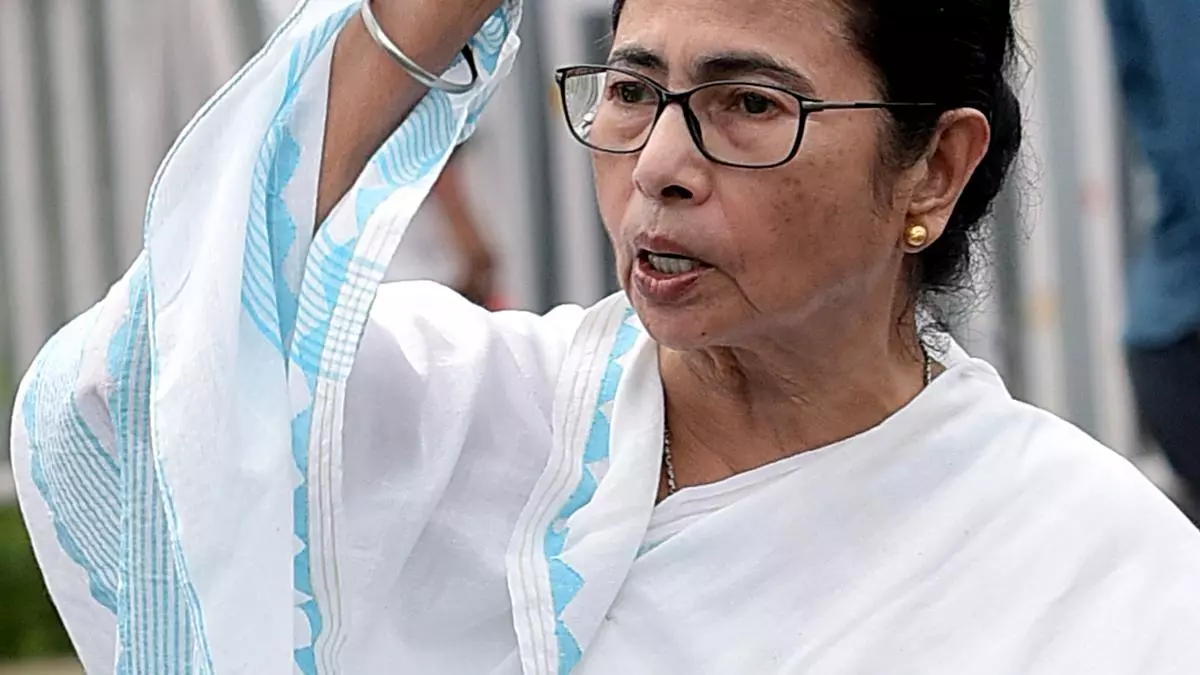 |
|
The recent by-elections in West Bengal have resulted in a resounding victory for the ruling Trinamool Congress (TMC), solidifying their dominance in the state's political landscape. The party secured all six contested Assembly seats, a significant win that underscores their continued popularity and control. This outcome carries considerable weight, especially given the by-elections were seen as a crucial test for the TMC's standing in the wake of recent controversies and public discontent. The fact that the party managed to not only retain existing seats but also capture Madarihat from the BJP, a constituency the BJP had held for years, demonstrates a considerable shift in political allegiance within certain regions.
The by-elections, held on November 13th, were necessitated by the resignations of sitting MLAs who had been elected to the Lok Sabha earlier in the year. The six constituencies included Sitai and Haroa, where TMC candidates achieved impressive victory margins exceeding one lakh votes each. This overwhelming support reflects a strong wave of confidence in the TMC's leadership and policies, especially considering the significant number of votes secured in these highly contested areas. Such high margins signify a deep-rooted support base for TMC, indicating either a decline in BJP's strength or significant mobilization by TMC to turn out their voters.
The outcome holds significant political implications for West Bengal. Prior to the by-elections, the TMC faced criticism and protests stemming from the tragic rape and murder of a junior doctor at a Kolkata hospital. This event sparked widespread outrage and raised questions about the party's ability to maintain law and order and address concerns about women's safety. The by-election results, however, suggest that the public's dissatisfaction with this incident has not significantly impacted their overall support for the TMC, at least in terms of votes. This raises questions regarding the effectiveness of protests in influencing voting patterns in the short term.
The TMC's victory has been celebrated by party leaders. Chief Minister Mamata Banerjee expressed gratitude to the voters, emphasizing the party's commitment to serving the people. Abhishek Banerjee, the party's national general secretary, also congratulated the winning candidates and acknowledged the significance of their victory, especially the triumph in Madarihat, highlighting it as a testament to their work ethic and commitment to the people of West Bengal. Their statements focused on the party’s commitment to public service, underscoring the role of democracy in the recent electoral success.
In contrast, the BJP's response to the results has been more subdued. State President Sukanta Majumdar downplayed the importance of by-election outcomes, suggesting that they do not accurately reflect the broader public sentiment. He maintained his party's optimism for the upcoming 2026 Assembly elections, showcasing a pragmatic approach to evaluating the political significance of the by-election results. This hints at a long-term strategy by the BJP to regain lost ground in the coming years, despite the setbacks in the recently held bypolls.
The contrasting reactions between the TMC and the BJP showcase the divergent strategies adopted by both parties in response to recent political events. While the TMC frames the by-election results as a validation of their governance and policies, the BJP is focusing on the long-term vision for the future elections. The upcoming Assembly elections will serve as the ultimate test to assess the sustainability of the TMC's current dominance and the BJP's capacity to regain public trust and support in the state. The results of the by-elections set the stage for what promises to be a closely contested political battle in the future of West Bengal.
The by-elections in West Bengal provide valuable insights into the evolving political dynamics of the state. The results offer a snapshot of public sentiment and the effectiveness of the ruling party’s strategies. However, it remains crucial to note that by-election results do not always accurately reflect the overall political landscape and the broader trends within the state's electorate. Factors such as local issues, candidate appeal, and campaign strategies can significantly influence outcomes. Consequently, these results should be interpreted cautiously, and careful observation of long-term trends and public opinion is essential to accurately gauge the political outlook in West Bengal before the next scheduled elections in 2026.
Source: A clean sweep: Trinamool Congress wins all 6 Assembly seats in Bengal bypolls
